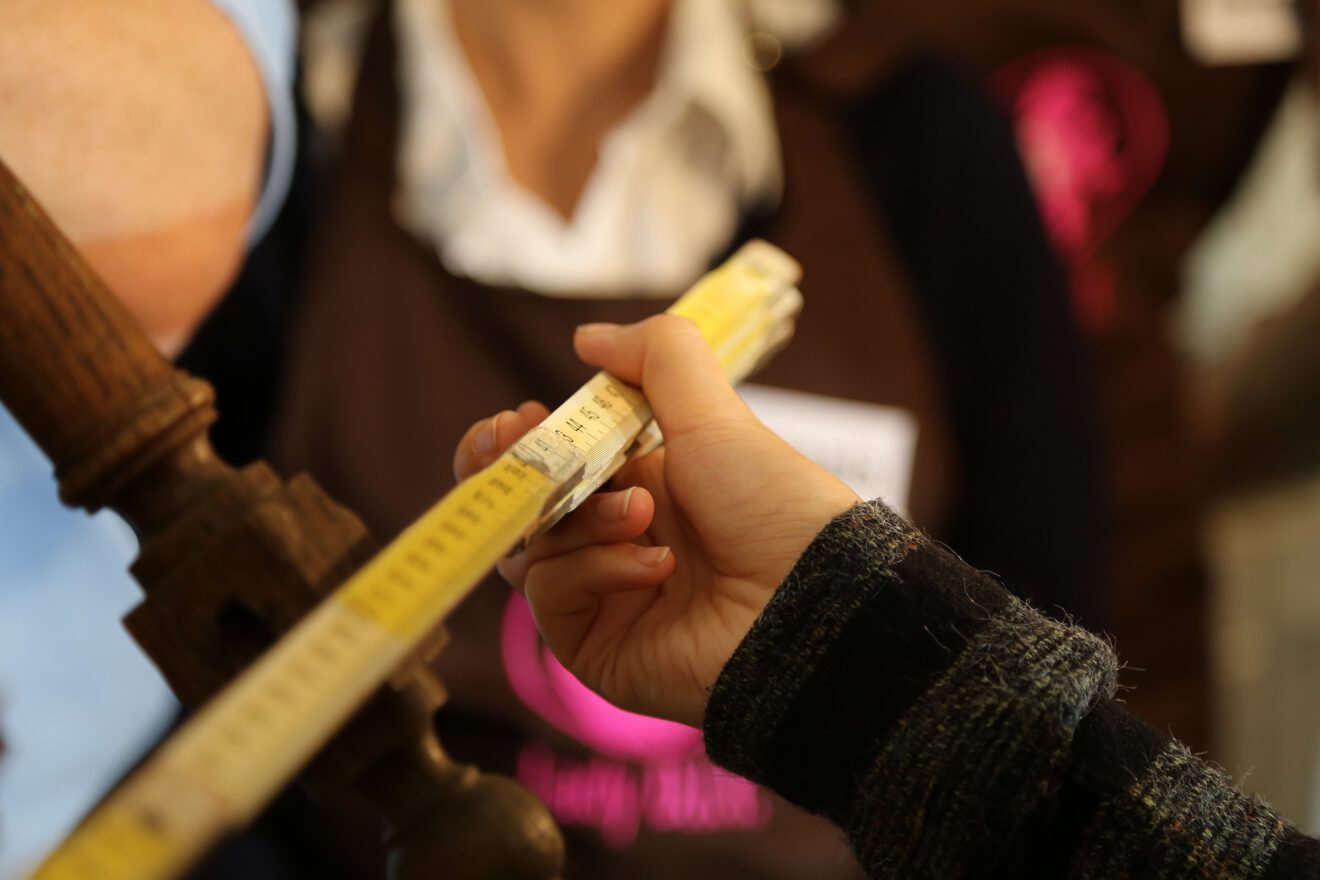How can we use maker programs to inspire learning and curiosity across the student spectrum? Educators Mark Barnett, Ana Josephson and Patrick Benfield offered advice and resources for launching maker programs during their panel discussion at this year’s TCEA Annual Convention & Exposition in Austin, Texas.
Be patient and support teachers. Maker programs don’t happen overnight, said Ana Josephson of the Ann Richards School for Young Women Leaders. It takes time; it may not happen the first or second year. Support teachers. Encourage them when they take risks and give them time to do these projects with their students.
Learn from others. Go see what’s happening at other schools, said Patrick Benfield of St. Gabriel’s Catholic School. Benfield visited Ann Richards School several times to learn from its program. Check out other sites, talk to other teachers. See what works for them and take elements of those programs back to your site. Make it your own. There’s no one right way to do this; maker programs can look many different ways.
Make it for all students. Find a way to extend your program to all students – not just the members of the STEM club or after-school program, said Mark Burnett of the Intercultural Development Research Association. Look at ways you can build it across different content areas, such as art, social studies, English language arts.
The trio also offered these free resources you can use to get more ideas:
- Meaningful Making: Projects and Inspirations for FabLabs and Makerspaces. Hard copies of the book are available for purchase but the PDF version is available at no charge.
- Wicked Decent Learning blog. Check out Dan Ryder’s “Design Thinking” section to get insights on making and reflection.
- Agency by Design. Visit the Educator Resources section to see different ways to approach the thinking behind making.
Kanoe Namahoe is the editor for SmartBrief on EdTech and SmartBrief on Workforce.
Tech Tips is a weekly column in SmartBrief on EdTech. Have a tech tip to share? Drop us a line at [email protected]
_________________________________________
Like this article? Sign up for SmartBrief on EdTech to get news like this in your inbox, or check out all of SmartBrief’s education newsletters, covering career and technical education, educational leadership, math education and more.
